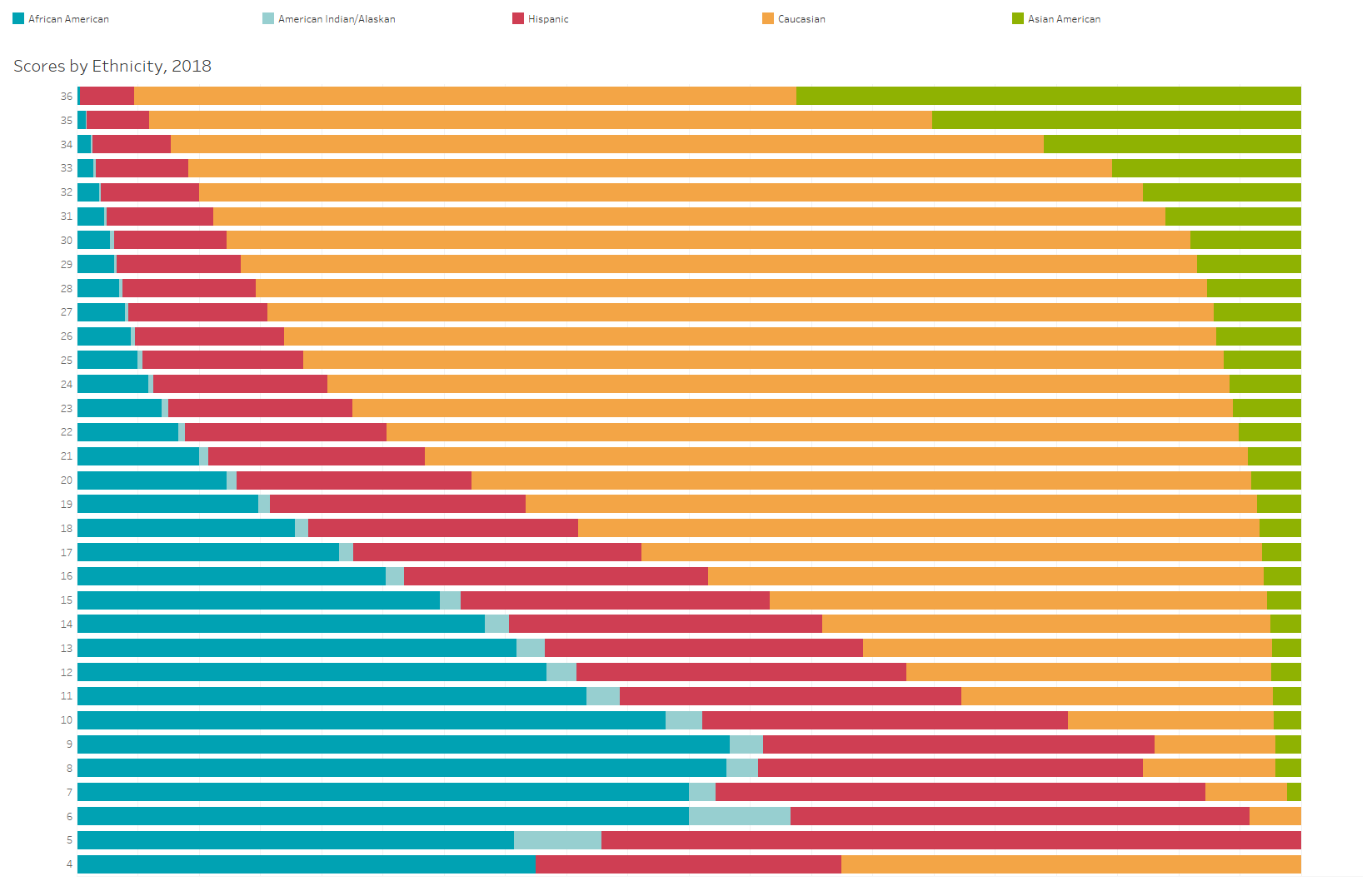A little over five years ago, an extended editorial appeared in newspapers across North Carolina concerning public education. I happened to read it in the Winston-Salem Journal.
It was written by Walter McDowell, a board member of BEST NC. McDowell, a former executive with Wachovia, talked of the dire need to transform education in North Carolina. And just to clarify, there are many who will always say that we “need to transform” education. You can read that op-ed here.
In short, McDowell told the state it had a huge problem and that his consortium, BEST NC, was mapping a way for our transformation. He called it “Excellence: North Carolina’s Education Vision.”
“Recently, Excellence: North Carolina’s Education Vision was launched. It was developed with input and collaboration from education, business and policy leaders from across the state. Excellence outlines a shared vision to make North Carolina’s education system the best in the nation by 2030.
Inspired by this vision and the important work of our educators, the 115 business leaders who compose BEST NC will continue to work with the education community, the governor and the General Assembly on high-yield investments and systemic strategies that will dramatically improve students’ educational experiences in our state. It is our hope that our elected leaders see from this report that elevating educators must be at the top of the list in those discussions.”
It is always nice to think that we educators are being “lifted” in the eyes of the public, but McDowell used as one of the measures to qualify our state’s dire circumstances the state’s average ACT scores.
He said,
“Then, shortly before the budget passed, North Carolina received news that we are still last in the nation in college and career readiness as measured by the ACT exam. There could be no greater urgency in North Carolina than solving this education crisis.”
I responded to McDowell’s argument with a rebuttal. It was published in the 10/17/15 edition of the Winston-Salem Journal. Specifically, I responded to the use of the ACT as the barometer of the entire health of the NC education system. I argued,
“North Carolina is one of only 13 states (in 2015 – in 2017 it was around 17) that requires all students (EC, LEP, etc.) to take that exam, which has no impact on their transcripts, provides no feedback in its scores on how to improve student achievement and is administered on a school day on which other activities and classes take place. Most states only have paying students take the ACT on a Saturday; those students have an investment in the results, hence higher scores” (http://www.journalnow.com/opinion/columnists/stuart-egan-judging-schools-by-an-unfair-standard/article_0aa55234-8b82-5713-8114-65bc43e80eb1.html).
Unfortunately, BEST NC is still active in Raleigh trying to lobby business style reforms for public education.
And there is talk in Raleigh to stop using the EOC tests in high schools and replace them with national standardized tests. Of course the ACT would be one of the tests that could be considered. It is already mandated to be taken by students. It is possible that it becomes even more of a presence in the measurement of school and student achievement.
Besides the aforementioned reasons that we as a state should not rely on the ACT so much, there is that characteristic of the ACT that is similar to our state’s school performance grades: it measures the effects of poverty on schools as well as racial/ethnic divides.
Jon Boeckenstedt, Vice Provost of Enrollment Management at Oregon State University in Corvallis, Oregon, writes a blog that comments on admission tests for colleges and universities. One of his posts dealt with the ACT score distributions based on reported income and ethnicity.
The patterns are clear.

Here’s what it looks like based on ethnicity.

Name the only state in the country with the lowest legal minimum wage, one of the lowest corporate tax rates, no collective bargaining rights for public employees, no Medicaid expansion, loosely regulated voucher and charter school expansion, a school performance grading system that measures achievement over growth, and has had congressional district lines declared unconstitutional that were drawn on racial lines.
North Carolina.
Would ACT scores reflect that?
